With recent advancements and decreases in cost in sequencing and genome annotation, our knowledge of genetics and it’s effect on horse health has grown exponentially. These advancements have made genetic testing services for horse more numerous, relevant, affordable and more convenient than ever.
Read MoreAs a general rule for most adult horses the American Association of Equine Practitioners (AAEP) recommends twice annual worming (Spring and Fall) specifically to reduce the burden of strongyles in horses. However, with additional information and diagnostic tests we are able to closely tailor this strategy to each individual horse and life stage.
Read MoreEOTRH is a painful dental disease of the incisors and canines that can occasionally affect the cheek teeth. This condition is characterized by resorption of the tooth roots and surrounding bone, weakening the periodontal ligament and predisposing to infections of the tooth roots. The tooth may then become bulbous as a response. EOTRH is most commonly diagnosed in older horses (>15 years) and will progress over time.
Read MoreHorses are designed to be grazing animals and eat forage material 18-20 hours out of the day. Because of this, their stomachs secrete acid constantly throughout the day and night regardless of the presence of feed. Modern stabling management is often centered around meal feedings and can predispose horses to the development of gastric ulcers.
Read MoreHow the BAL Test is Helping Us Identify and Treat Inflammatory Airway Disease (IAD) in Performance Horses - A horse moves incredibly large volumes of air in and out of its lungs. The equine respiratory tract is a highly specialized organ system, incredibly effective in exchanging oxygen for carbon dioxide at a rate far higher than even the most elite human athlete. The human respiratory tract is specialized for speech, but the horse is made for exercise.
Read MoreHitting the road with your horse? Whether you’re traveling to a nearby trail, or an event across state lines, traveling with horses can be an adventure. It’s a good idea to review and brush up on your travel checklist, even if you’re an experienced hauler.
Read MoreIt’s a beautiful sun-shining morning as you head to the barn to feed. Rounding the corner, it catches your eye – he’s not moving well. Something’s just not right.
Read MoreIf you own horses long enough, sooner or later you are likely to confront a medical emergency. From lacerations to colic, being able to respond quickly when you see a serious problem can make all the difference in the outcome. Here are three tips to help you be prepared.
Read MoreRoutine dental care is an essential part of your horse’s health. By the time you notice a problem, such a dropping feed or fighting the bit, issues in your horse’s mouth are already advanced. Equine dentistry is not simply tooth “floating,” but an opportunity to work with your veterinarian to prevent major health concerns and keep your horse in top shape throughout her life.
Read More










